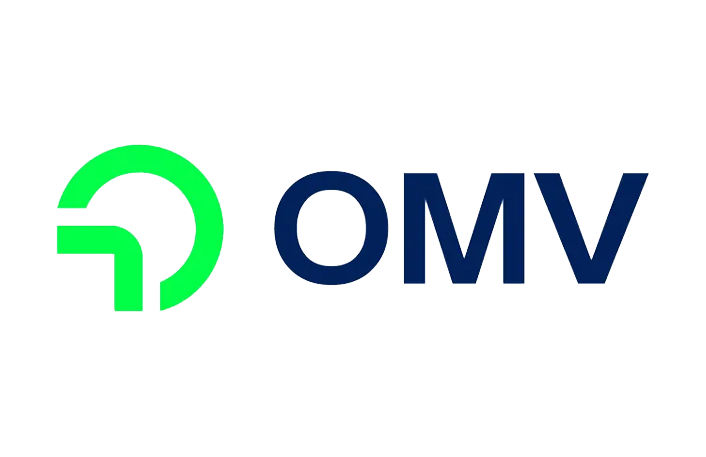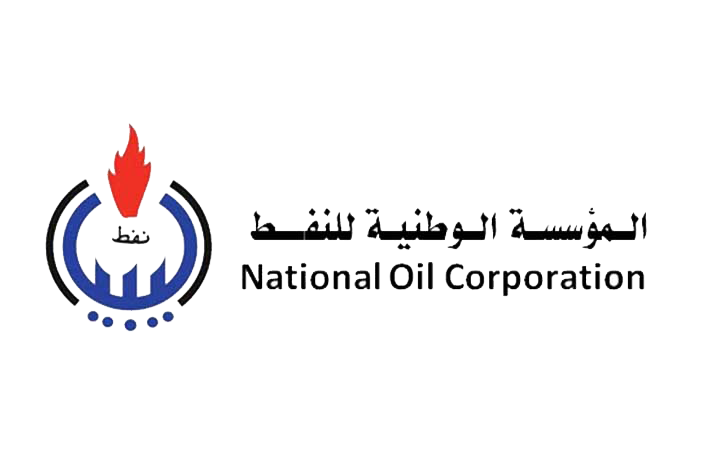
Akakus Oil Operations is one of the leading and modern companies in the field of crude oil production and processing through its two fields in the Murzuq Basin, located in southwest Libya, adjacent to the famous Akakus mountain range near the ancient city of Ubari. Established in 1995 under the name “Repsol,” it later became known as “Akakus Oil Operations.” The company has secured a prominent position in the oil production sector.
The company holds two concessions: Block (MN 115) and Block (MN 186), known today as the Sharara Field, where all crude oil production operations take place. The oil is then transported through 30-inch pipelines over a distance of 723 km across the desert. Midway along this route is the crude oil pumping station (MN 8), known as the Hamada Station, which helps maintain the flow of oil until it reaches the Zawiya Tank Farm located on Libya’s northern coast.
Akakus Oil Operations was established in accordance with ISO standards from its inception, focusing on environmental preservation and minimizing harm. This makes Akakus not only a leader in the oil sector but also a company committed to sustainability, clean energy development, and renewable energy technologies as part of its future vision




